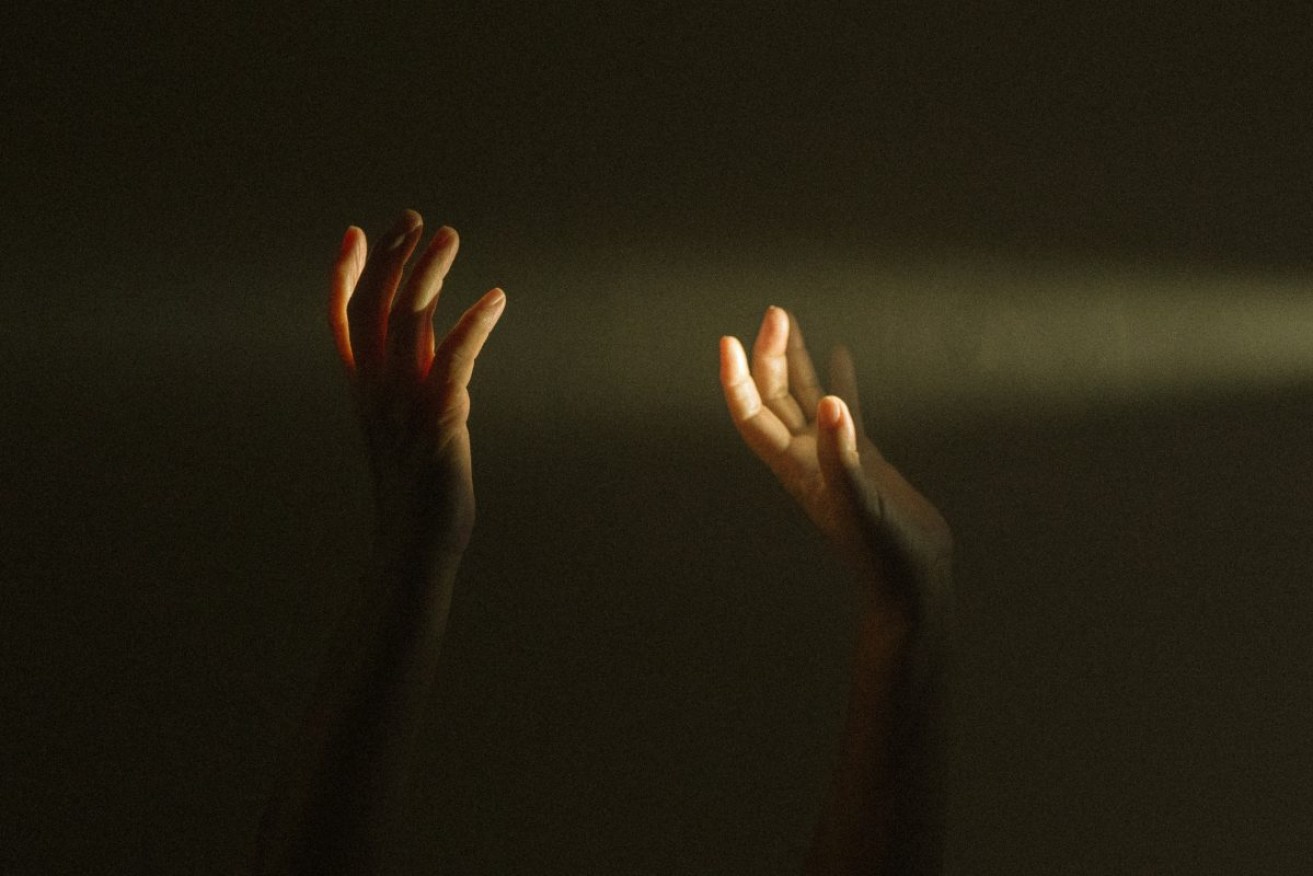A system in crisis won’t fix a crisis.
Investing in community based mental health support services leads to better patient outcomes and relieves pressure on emergency departments and a stressed government system, argues Geoff Harris.

Photo: Pexels/Luis Dalvan
“It’s no secret that the system, especially the government mental health system, is a traumatised system and that goes for the people who use the services, as well as the people who are working within government mental health. (And) when you have people who are working in the mental health system who are constantly in crisis, constantly under pressure and stress, you’re not going to get the best outcomes for the people using the system.”
Prior to this year’s state election we, the Mental Health Coalition of South Australia, held a series of focus groups. We talked to people using the mental health system either for themselves or through supporting someone they cared for.
The quote above I think summed up how a lot of people are feeling. It describes what is happening for those accessing the system and those who are working in it. As we all know well, with the legacy of COVID-19, we are living with a mental health crisis we have never seen before.
People are accessing services, reporting to hospitals with suicidal ideations and experiencing mental health challenges in record numbers. And we are still waiting on the Government’s unmet needs study to help us paint a picture of the level of community support required for all those living with mental health challenges in our community.
When the Government says it is spending historical amounts on mental health, that may be so, but will they get a return on that investment?
The solution to take pressure off the emergency departments has traditionally been to provide more beds. So of course you are going to be spending more. The current average cost to provide care in hospitals in South Australia is higher than the rest of the country. Across Australia, the average cost per inpatient bed day in a psychiatric hospital (non-acute wards) is $953.78, compared to $1,554.25 in South Australia. That’s 61% more than the national average. Then once people are discharged, 15% will be back within 28 days.
While this sounds like just numbers, these are our tax dollars and new investments could be better targeted to help people in distress. For years we have been asked to provide the evidence of why investing in community based mental health support delivered by the non-government services is more effective – and we did that in the lead up to the state election.
With PricewaterhouseCoopers (PwC), we presented facts that showed when you invest in community based mental health support delivered by non-government services, you also reduce the reliance on emergency departments and hospitals by 39%. And here’s one more statistic: while we know these services work, and we know they keep people well, only 6.4% of the mental health budget is spent on preventative services.
We all know the importance of clinical support in mental health. However, there are long waiting times to see a psychiatrist or psychologist. Also the doubling of the number of visits under the Medicare rebate, introduced at the height of the pandemic, is set to end at the end of the year. So what are people going to do while waiting for appointments or another referral?
This is where the work of community based mental health supports delivered by non-government services are fundamental to fixing a broken system, by helping people become more well and rely less on crisis services. They also assist people with housing, employment pathways, reconnecting with community and rebuilding relationships, as well as provide hope in some very dark times.
We presented facts that showed when you invest in community based mental health support delivered by non-government services, you also reduce the reliance on emergency departments and hospitals by 39%
As another person in our focus group put it: “I went to an NGO and I met people who really understood what I was experiencing, and I can’t talk highly enough about the impact that had. I still needed medication. I still needed clinical help. But now I had people who I could identify with.”
The introduction of the Urgent Mental Health Care Centre has delivered a proven model of mental health support that is effective and is leading people away from Emergency Departments. Here are some more numbers: 89% of people who access the Centre return home supported by a loved one, only 7% go on to a hospital and 4% are supported by homelessness services. Being an alternative model of care is not its only benefit: ambulances and police who bring people into the centre have a turnaround time of 15 minutes. No ramping here.
The solution does not come overnight, and COVID 19 continues to have an impact. Here are small steps we can take now to improve the situation, but we need more South Australians to understand the directions we need to go in to fix mental health.
We are launching this Mental Health Month – the next stage in our We Need to Get Our Heads Around Mental Health campaign. Called the Tale of Two Traumas, this script and campaign was developed on the back of what people have told us and what we know.
With the right investment in the right places, people experiencing trauma could get the support they need rather than the crisis they could avoid.
Geoff Harris is executive director, Mental Health Coalition of SA




